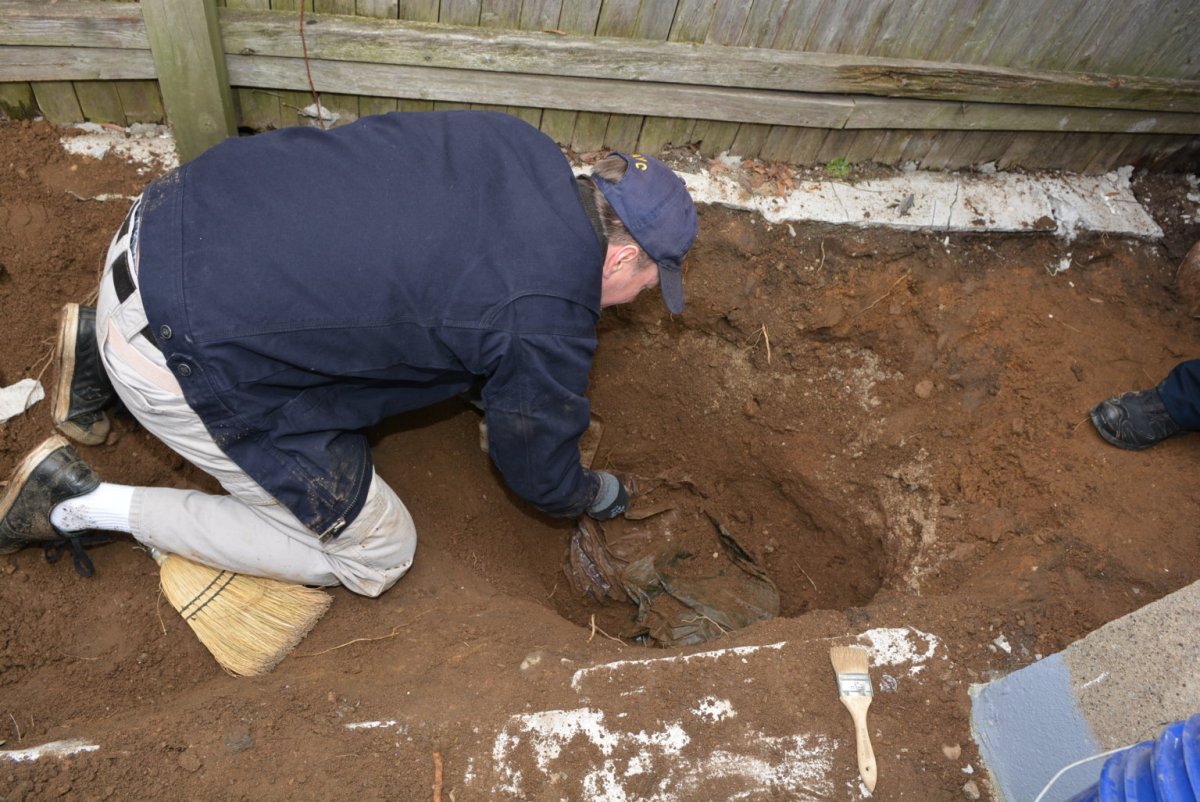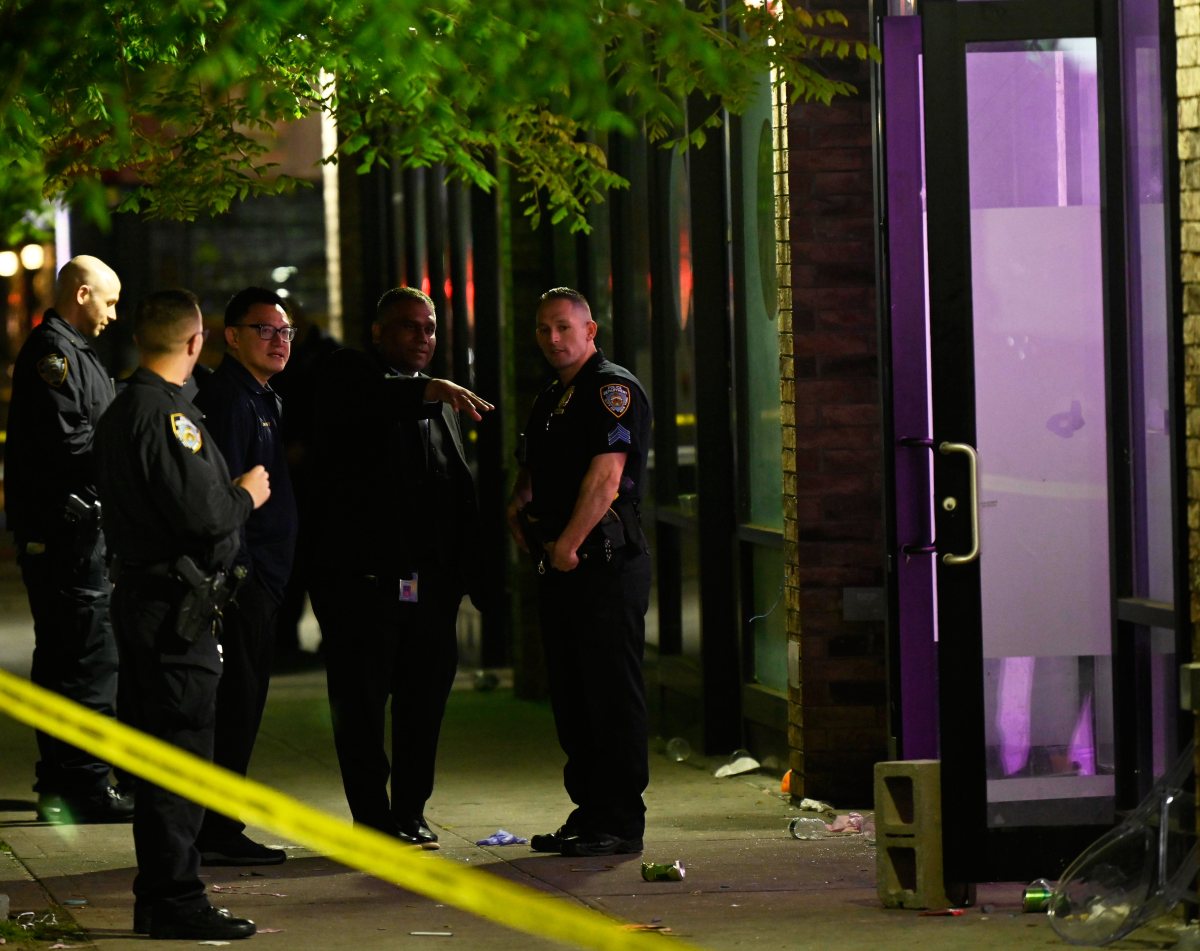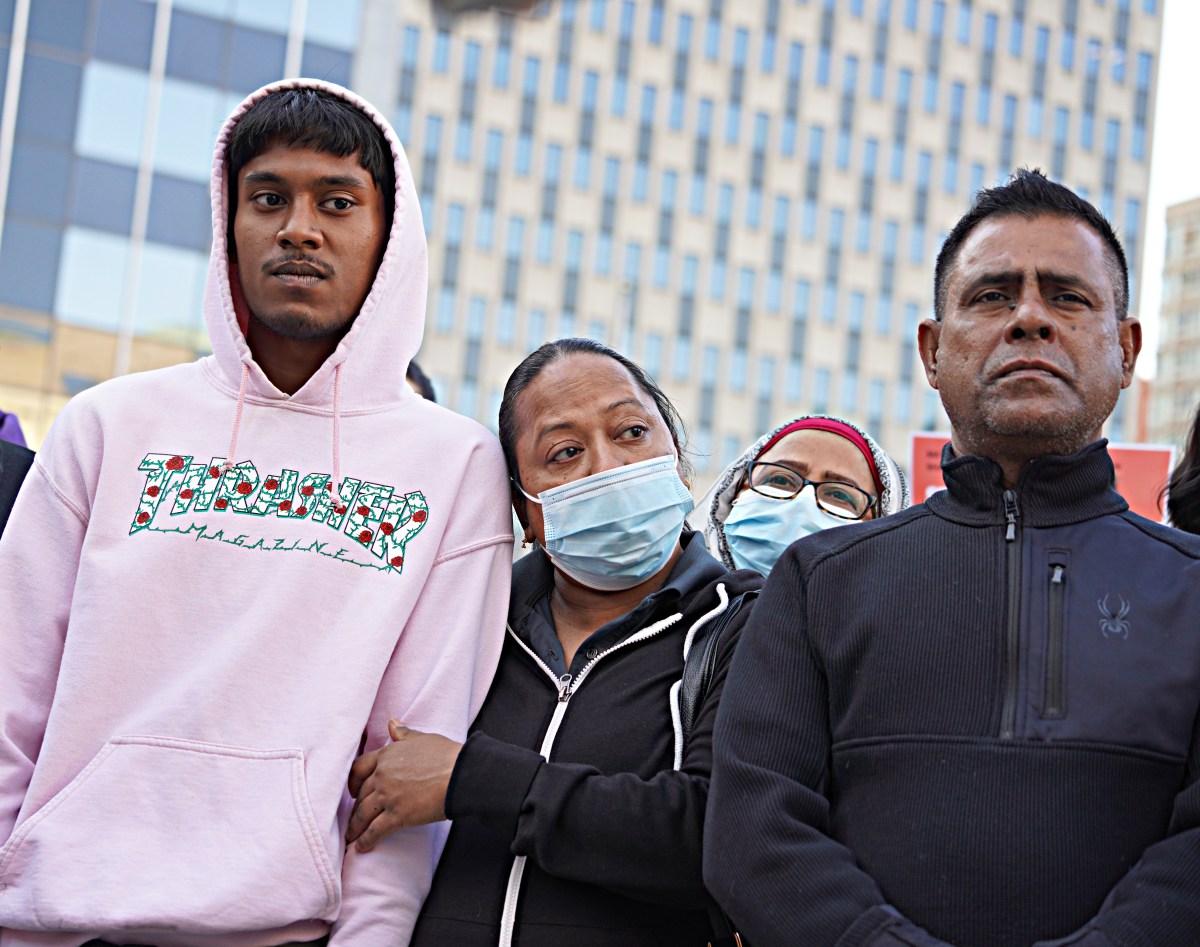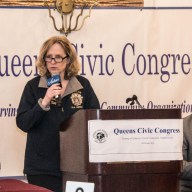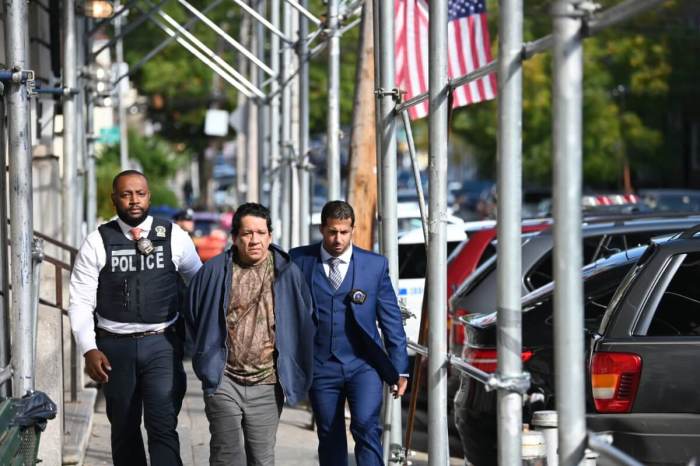An elderly Jamaica man pleaded guilty to manslaughter Tuesday for the 1976 killing of an 81-year-old World War I veteran.
Martin Motta, 75, of 89th Avenue, admitted he killed George Clarence Seitz before Queens Supreme Court Justice Kenneth Holder, who indicated he would sentence the defendant on Nov. 9 to a determinate term of 20 years in prison, according to Queens District Attorney Melinda Katz.
The case marks the first successful use of forensic genetic genealogy in New York City.
According to the charges, on March 12, 2019, human remains consisting of a pelvis and partial torso were found under concrete in the backyard of 87-72 115th St. The body had been dismembered at the neck, shoulder and hips and the remains allowed the Office of the Chief Medical Examiner to determine a DNA profile, in the hopes of identifying a family member.
That profile was searched within local, state and national databases with negative results. In 2020, the DA’s office and the NYPD sought the assistance of a private laboratory and the FBI to help generate leads to the unknown victim’s identity. In February, Othram Laboratories used advanced DNA testing to produce a comprehensive genealogical profile from the skeletal remains, which was then given to the FBI.
The feds generated leads that were turned over to the DA’s office and the NYPD. Investigators working on the cold case began to contact potential family members of the victim and obtained DNA samples for comparison to the discovered remains.
Investigators were able to confirm that the remains belonged to George Clarence Seitz, a World War I veteran who went missing on Dec. 10, 1976, when he left his Jamaica home on his way to get a haircut.
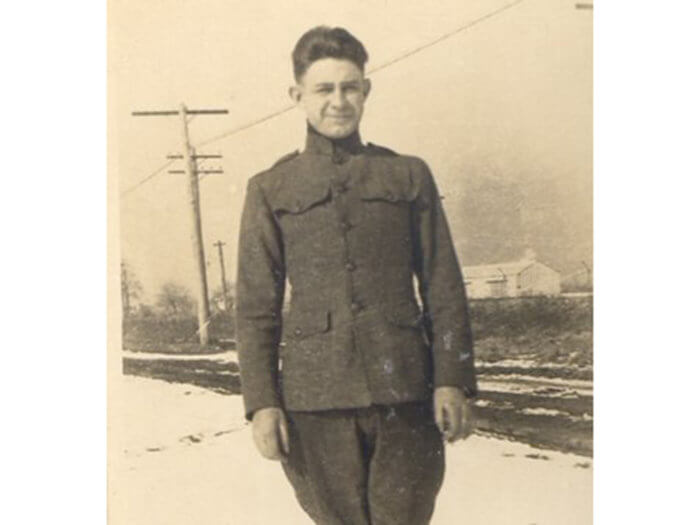
Following an extensive investigation, information was obtained that identified the victim as a regular customer of the defendant at the barbershop and linked Motta to the crime. Crucial evidence obtained in the investigation determined that Motta stabbed Seitz in the head and robbed him of approximately $7,000 to $8,000.
“This long-cold case marks the first application in New York City of forensic genetic genealogy,” Katz said. “No matter how much time has passed, we will use every tool at our disposal to achieve justice.”
The investigation included multiple interviews of witnesses and extensive searches of records through various agencies that spanned five states.
“It is precisely for cases such as this one that I created the Cold Case Unit when I became Queens district attorney,” Katz said. “For the gruesome murder of a World War I veteran, the defendant eluded arrest for more than 46 years. Now he is headed to prison thanks to a collaboration between the NYPD and our Cold Case Unit.”

